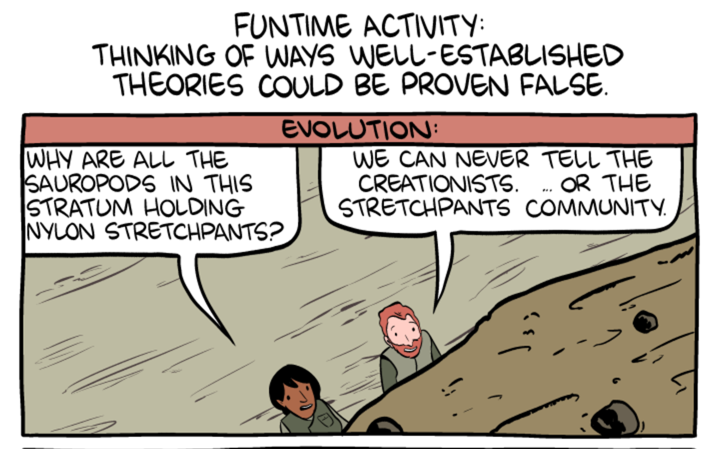Fitch (and von Humboldt) on monkey talk
Tecumseh Fitch et al., "Monkey vocal tracts are speech-ready", Science Advances 12/9/2016:
For four decades, the inability of nonhuman primates to produce human speech sounds has been claimed to stem from limitations in their vocal tract anatomy, a conclusion based on plaster casts made from the vocal tract of a monkey cadaver. We used x-ray videos to quantify vocal tract dynamics in living macaques during vocalization, facial displays, and feeding. We demonstrate that the macaque vocal tract could easily produce an adequate range of speech sounds to support spoken language, showing that previous techniques based on postmortem samples drastically underestimated primate vocal capabilities. Our findings imply that the evolution of human speech capabilities required neural changes rather than modifications of vocal anatomy. Macaques have a speech-ready vocal tract but lack a speech-ready brain to control it.
Read the rest of this entry »


